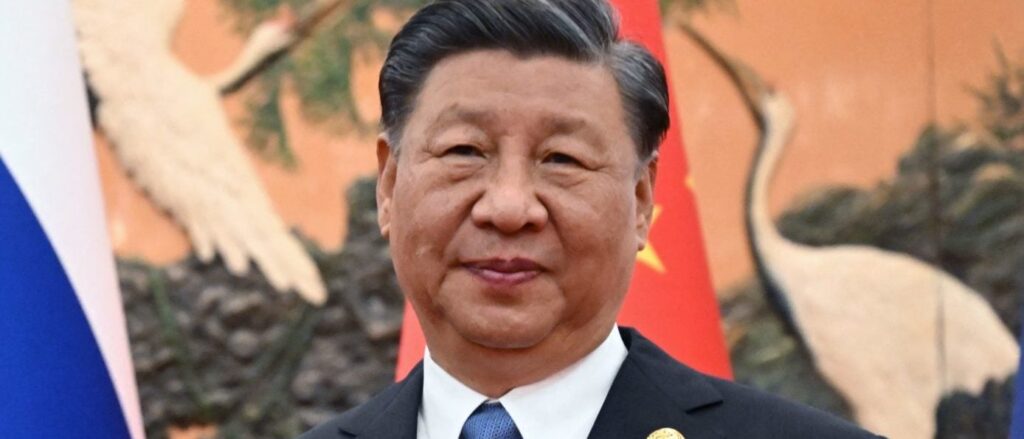Foreign investors fled China in December at the fastest rate in 2023 as funds diversified away from the country’s struggling economy, according to Morgan Stanley.
Active long-only investment managers collectively pulled $3.8 billion from Chinese and Hong Kong equities in the month, the third-worst outflow in the country’s recorded history, according to a report from Morgan Stanley and obtained by Reuters. Investors have been continually pessimistic about China’s economy as it fails to show progress in its long recovery from losses taken during the COVID-19 pandemic, most recently failing to meet expectations for growth in the retail sector, increasing sales by 10.1% year-over-year instead of the expected 12.9%. (RELATED: Number Of EVs Eligible For Tax Credits Plummet As US Seeks To Shrink Reliance On China’s Supply Chain)
“Both investors’ redemptions from equity funds and portfolio managers’ rebalancing to deepen underweight on China contributed to the outflows,” the report from Morgan Stanley said, according to Reuters.
Nearly 90% of investment capital left China’s stock market in 2023
China’s stock market has lost 87% of foreign investment in 2023. According to the Financial Times, traders and analysts said this phenomenon reflects pessimism about the prospects of the Chinese economy. pic.twitter.com/TgxiFZTw8p
— Spotlight on China (@spotlightoncn) January 3, 2024
China and Hong Kong had the worst performances for their top stock indexes out of all major world indexes in 2023, with China’s CSI300 stock index declining 11% for the year and Hong Kong’s Hang Seng Index dropping 14%, according to Reuters. Investors were more optimistic in December about short-term investments, fueled by speculation of a surprise stimulus boost from the Chinese government.
Through October 2023, foreign investors had already pulled out $31 billion in stocks and bonds from the Chinese financial system in the year, the worst outflow since 2001. Investors are expected to pull even more foreign capital out of the country in 2024, with the Institute of International Finance estimating a $65 billion exit.
China’s debt-laden real estate sector is a leading factor in pessimism for the country’s economy, as the sector once heavily contributed to China’s growth. Since 2021, companies responsible for the construction of around 40% of Chinese homes have defaulted on their debt, with other top developers Country Garden and Evergrande struggling with huge debts as well.
China has sought to bolster economic ties with the U.S. in a bid to boost its economy, and the Chinese People’s Association for Friendship with Foreign Countries announced on Tuesday an effort to create stronger connections between the southern Guangdong-Hong Kong-Macau Greater Bay Area and the San Francisco and New York City bay areas.
All content created by the Daily Caller News Foundation, an independent and nonpartisan newswire service, is available without charge to any legitimate news publisher that can provide a large audience. All republished articles must include our logo, our reporter’s byline and their DCNF affiliation. For any questions about our guidelines or partnering with us, please contact licensing@dailycallernewsfoundation.org.


